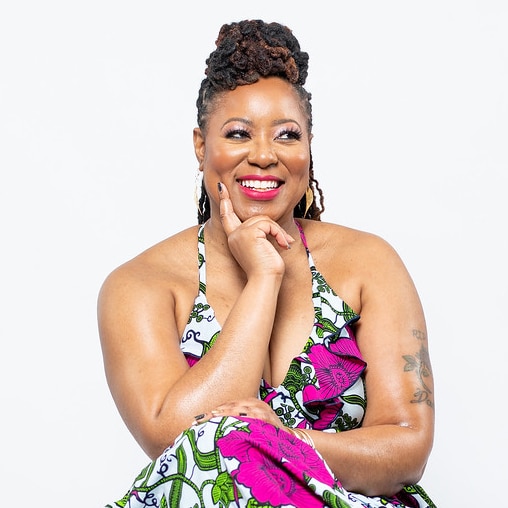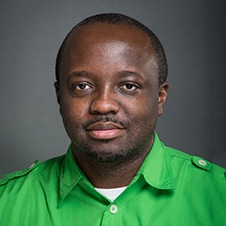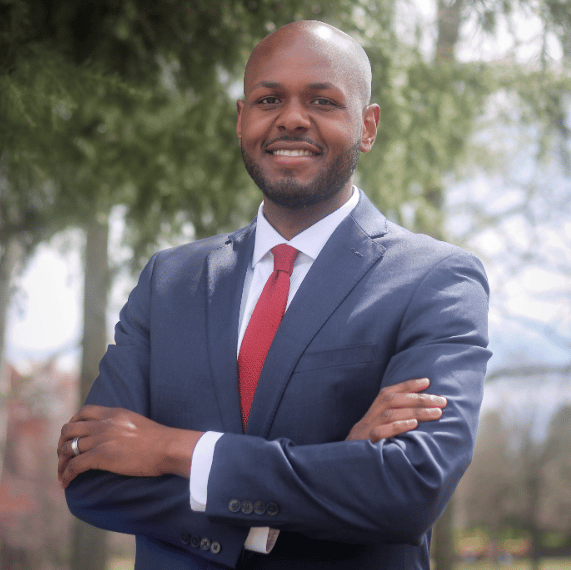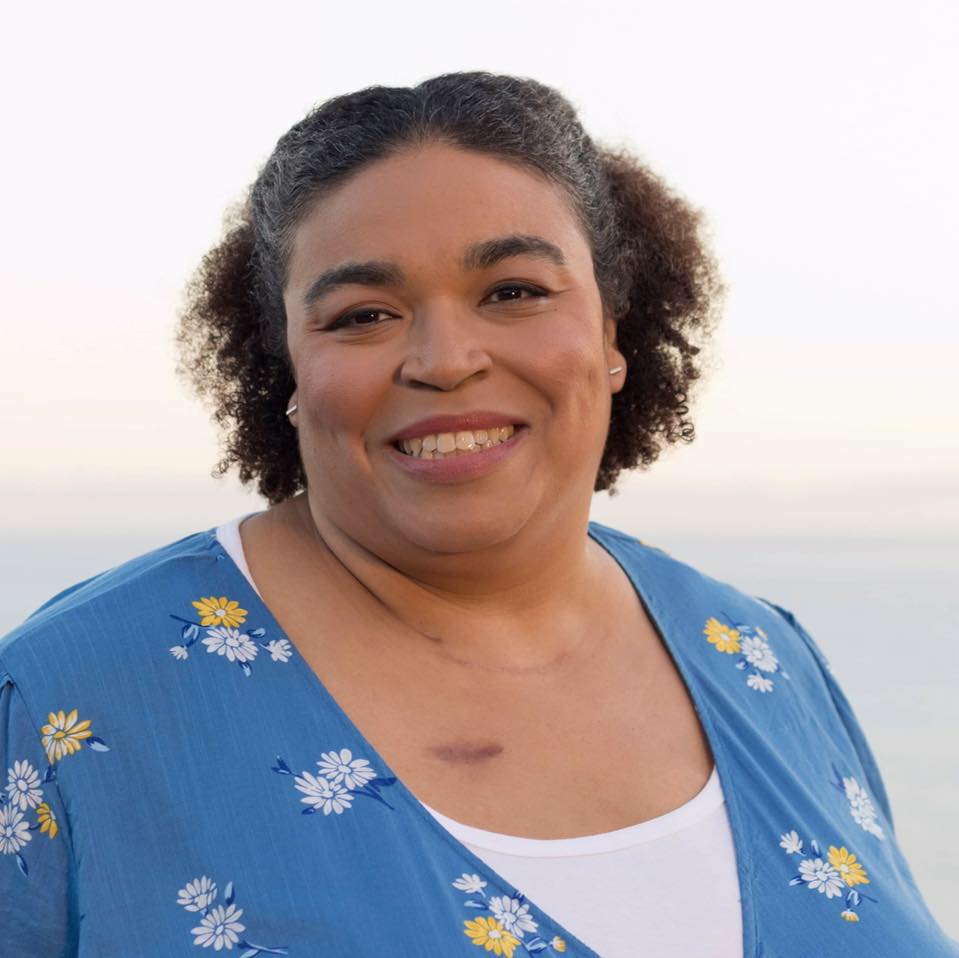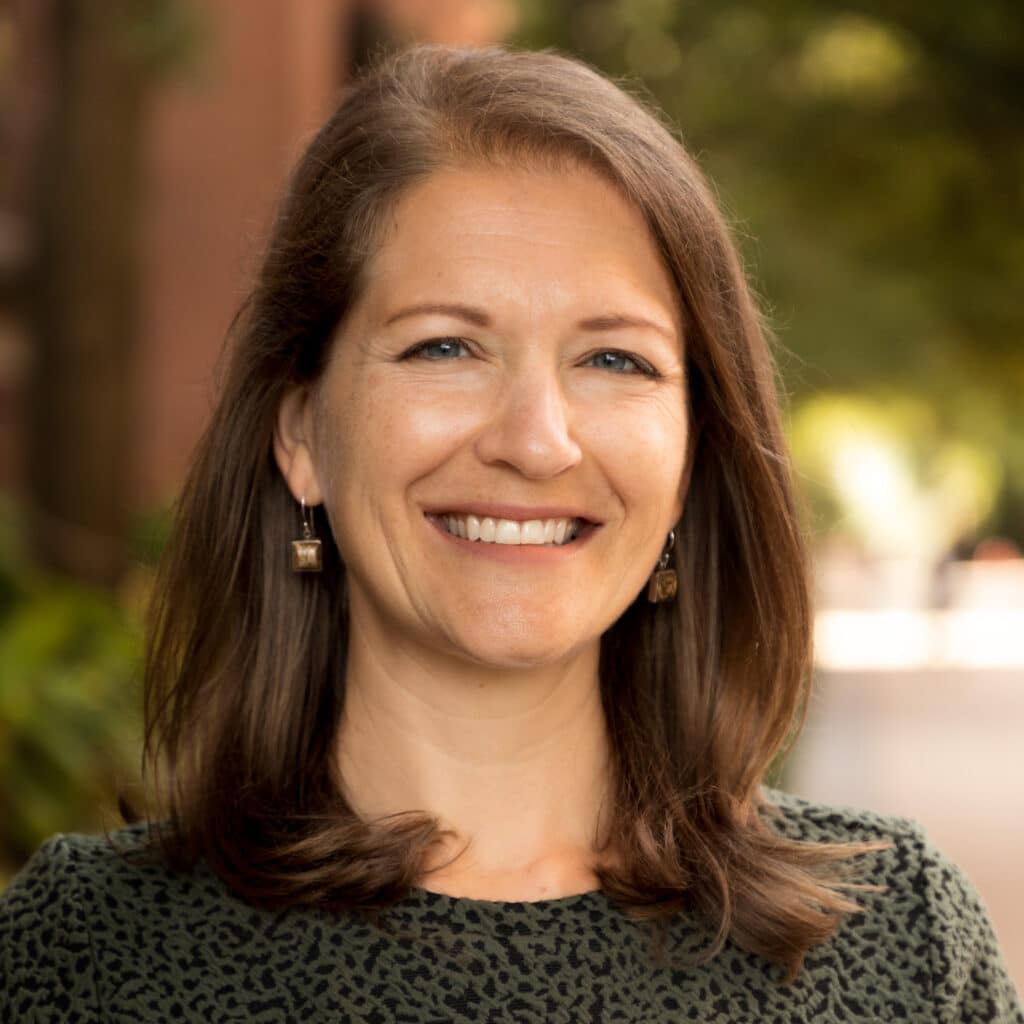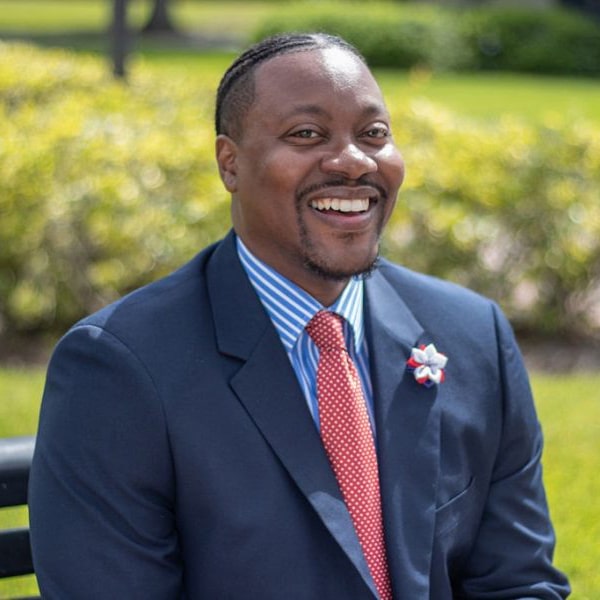
Antione D. Tomlin, PhD, PCC
Associate Professor + Chair of the Academic Literacies Department
Anne Arundel Community College
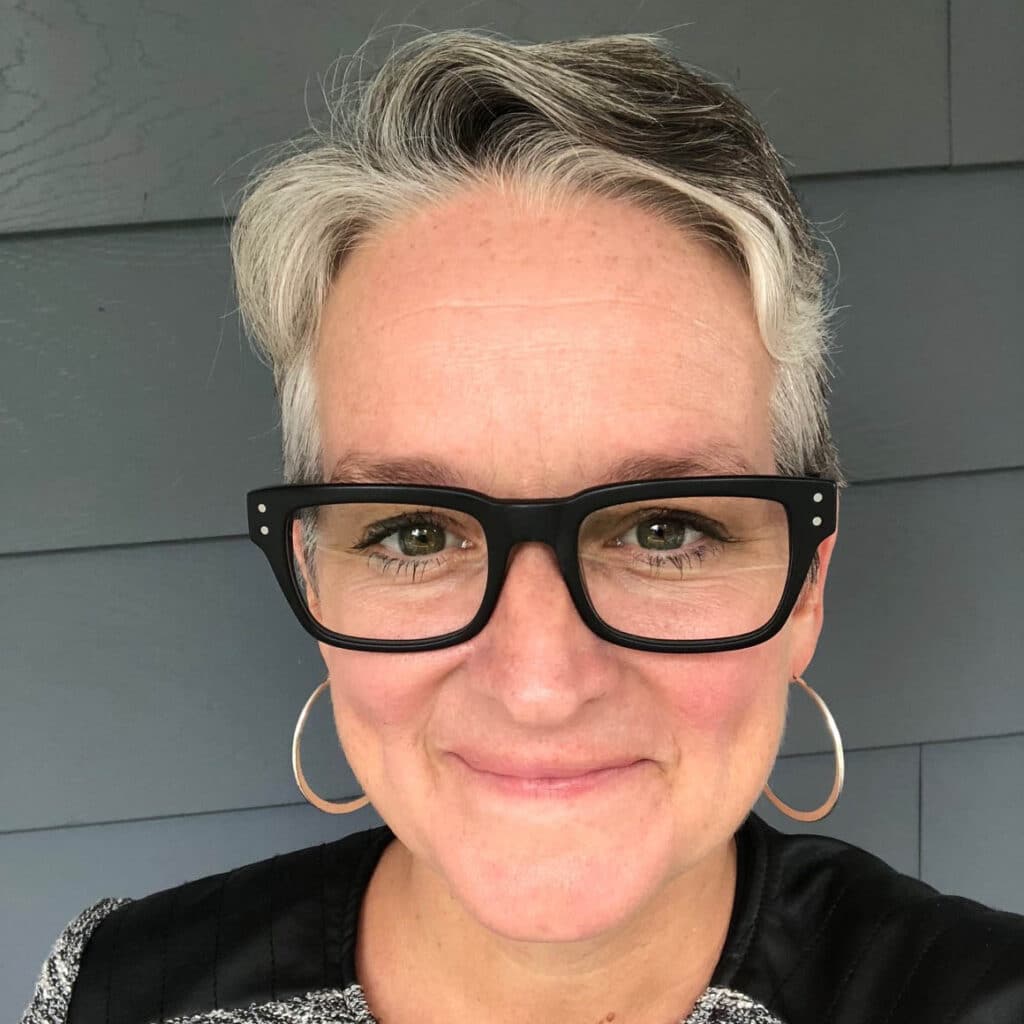
Gretchen B. Rudham, EdD
Assistant Professor
Morgan State University
While getting organized can seem daunting, it does not have to be. Here we offer tips for both students and faculty colleagues on how to bring lightness and fun to successful organizing. As faculty and previous students, we understand how crucial it can be to bring organization to personal and career goals. Therefore, we approach this piece and offer advice from student and faculty perspectives.
Tips for Students
Tip 1: Super Nerd Systems Check
Having a system for thinking through content before writing is not talked about enough. Half of the battle is knowing yourself and then creating a system that is realistically aligned with you and how you work best. Setting up a clear system of where, how, or when you work best is crucial.
There are multiple parts of the systems check to consider: accountability, technology and information storage, creativity and inspiration, brainstorming, drafting, and revision as well as moral support. Do you need high-tech, low-tech, or a combination of both? How do you save your reading materials? How and when do you read? Where do you record your sudden (and sometimes fleeting) brainstorms and ideas? Do you need an accountability system that is automated (deadlines on a calendar or alarms on your phone) or personalized (accountability/writing group)? When do you think, discuss, chew on ideas, and outline? Alone or with others? Where and when are you most productive?
Inspiration can hit while walking or driving, or at specific times of the day, or at different locations. Pay attention to place, space, and windows of productivity.
Tip 2: Writer’s Block: All Super Nerds Can Get Stuck
All super nerds can experience feeling blocked or stuck during the writing process, whether that is doubt during the infancy of the idea, imposter syndrome as you pitch or seek a home for your writing, feeling stuck in the middle of writing, or hitting a wall as you trudge through the revision process. Creativity in multiple forms is the key to becoming unstuck in these moments. I follow a lot of different writers and artists on social media, and seeing folks create across many different mediums inspires me.
Stepping away from the books and engaging with art, music, films, museums, local artists, or the beauty of nature; all can get your brain off the track it may be stuck on and shift your thinking. And, part of this process includes rethinking what counts as part of the writing process. Creative recharging is not taking away from writing, but rather can become part of your practice as a writer. Part of the organization process of academic writing includes planning for the inevitable ebb and flow of ideas and inspiration. Beyond creative recharging, designing structures or space for conversations, collaboration, brainstorming, and inspiration can be helpful.
Talking through ideas or concepts with a brainstorming partner can be built into your writing practice. You can lean on technology to record and talk through ideas or stuck points. Using Canva or other digital tools can help you conceptualize and organize ideas before they make it to the draft.
Tips for Faculty Colleagues
Tip 3: Find A Mentor/Ask For Help
As faculty, we often feel we must have it all figured out. We also do not acknowledge how challenging transitioning to a full-time faculty role can be and the stressors that new and junior faculty face. In addition to getting acclimated to a new institution, it could be daunting to keep up with faculty requirements and obligations (i.e., teaching loads, research, and family/personal life balance). With all the learning and transition that comes with accepting new faculty appointments, it can be extremely difficult to keep up with not only all the paperwork and documents your institution may require (professional development documentation, grant/funding applications, conference and travel reimbursement, etc.) but it can also be difficult to keep up with your personal academic documents (curriculum vitae, teaching philosophy, research interest, project proposals, etc.).
If all of this feels overwhelming, you might you find a mentor and ask for help. Remember, you do not have to have it all figured out. We advise you to get comfortable with asking for help when you need it. This will save you a lot of time as you learn the expectations of your institution and role as a faculty member. Moreover, do not reinvent the wheel when you do not have to. We encourage you to find someone who you trust to help. Permit yourself to ask for what you need to be successful. Once you permit yourself to ask for what you need, we challenge you to put it into practice. Yes, we encourage you to go and start practicing asking for help; no matter how big or small the ask, go practice!
Tip 4: The Cloud!
Another simple, yet crucial, piece of advice we offer is to back up your important documents to a cloud-based platform. This simple piece of advice may save your life. How often do we tell our students to save, save, save, AND back up their work in multiple places or to a cloud? What we have found is that we faculty are sometimes guilty of not taking our own advice. So, take your advice and back up your important document to the cloud.
If you have not done so already, we encourage you now to create folders in Google Drive or other cloud-based software; this way, you can access all documents from any device. Additionally, your documents will be saved and backed up in case anything happens to your computer. Furthermore, have some fun with this process. While it can seem uneventful to back up your files, we challenge you to think about how you might bring some fun and lightness to this process.
Lastly, create a system or schedule for when you will dedicate time to updating your files so that you have the most recent and up-to-date information saved.
Have anything to add? Feel free to continue the conversation with us on Twitter: @TomlinAntione @bmttbaltimore
Authors’ Bios:
Antione D. Tomlin, PhD, PCC is a tenure-track Associate Professor + Chair of the Academic Literacies Department at Anne Arundel Community College. Dr. Tomlin is also an ICF Certified Life Coach.
Gretchen B. Rudham, EdD, is an Assistant Professor at Morgan State University in the School of Education and Urban Studies. Her research interests include social justice leadership, Digital Humanities, and dismantling white supremacy in curriculum, schools and society.
Any opinions, findings, conclusions, or recommendations expressed in this material are those of the authors and do not necessarily reflect the view of Interfolio.
Interfolio Dossier
Use Interfolio’s Dossier to manage and send recommendation letters, CVs/resumes, and other academic career materials.


